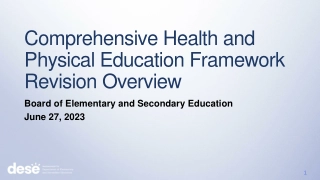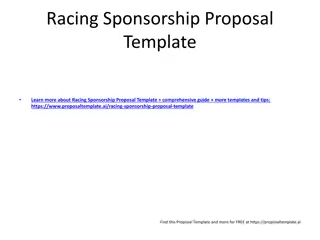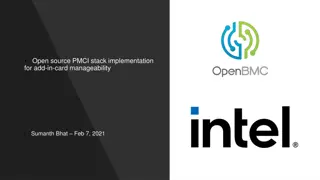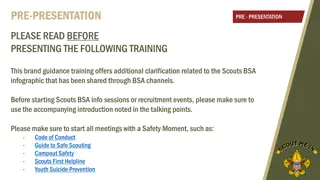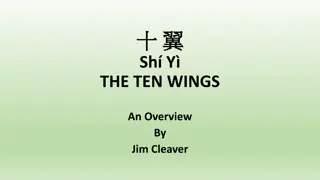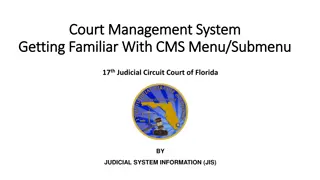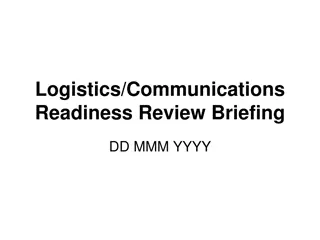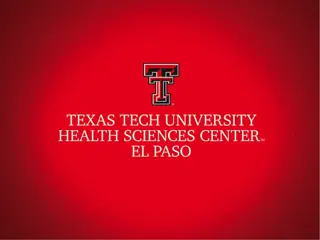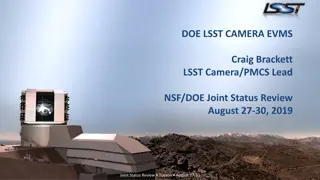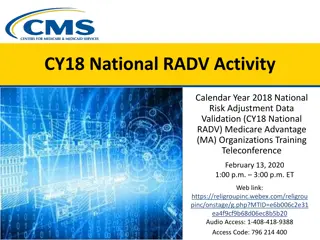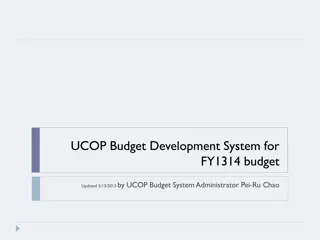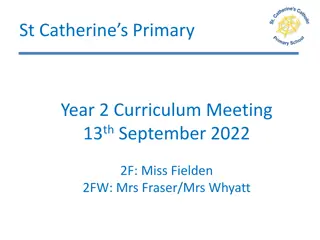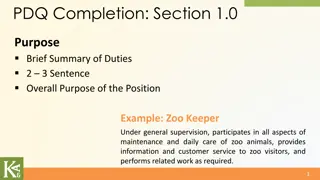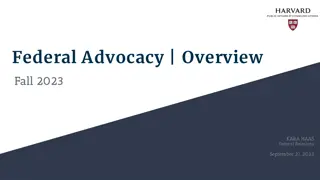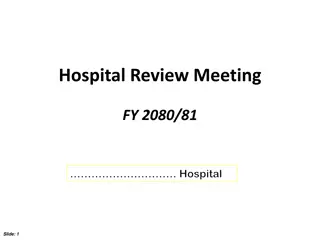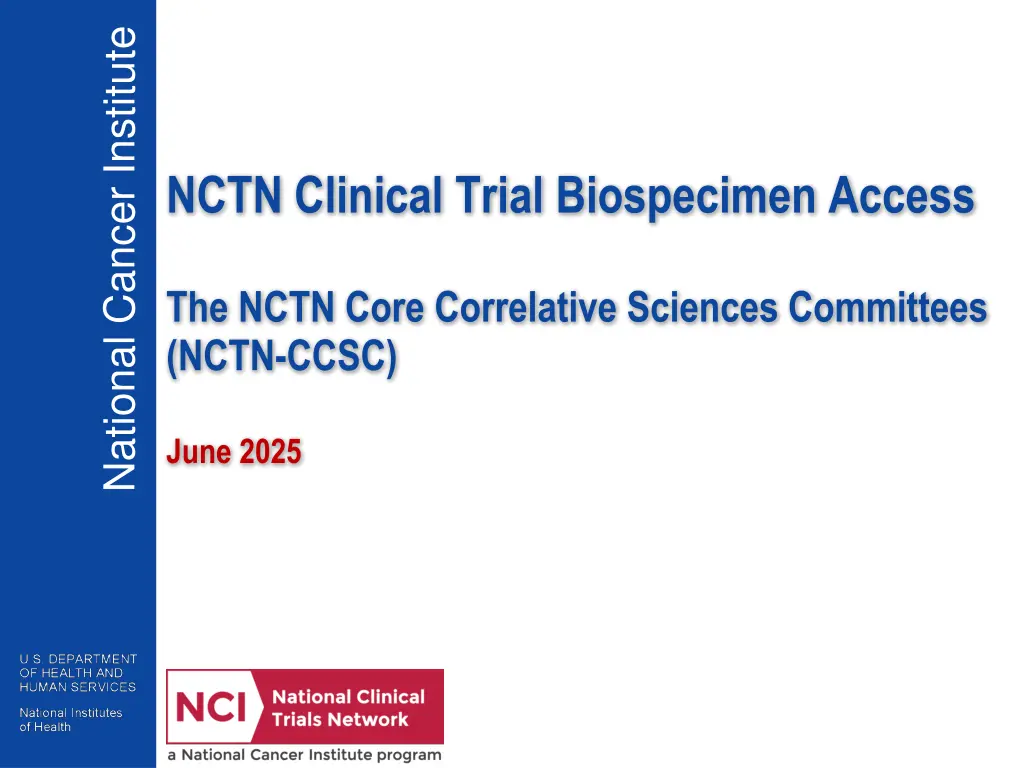
NCTN Biospecimen Access & Navigator Overview
Explore how the NCTN Core Correlative Sciences Committee oversees the prioritization and access to biospecimens from cancer clinical trials for research. Learn when these biospecimens become available through the NCTN Navigator and the steps involved in accessing them for scientific studies.
Download Presentation

Please find below an Image/Link to download the presentation.
The content on the website is provided AS IS for your information and personal use only. It may not be sold, licensed, or shared on other websites without obtaining consent from the author. If you encounter any issues during the download, it is possible that the publisher has removed the file from their server.
You are allowed to download the files provided on this website for personal or commercial use, subject to the condition that they are used lawfully. All files are the property of their respective owners.
The content on the website is provided AS IS for your information and personal use only. It may not be sold, licensed, or shared on other websites without obtaining consent from the author.
E N D
Presentation Transcript
National Cancer Institute NCTN Clinical Trial Biospecimen Access The NCTN Core Correlative Sciences Committees (NCTN-CCSC) June 2025
NCTN-CCSC Mission Statement Biospecimen collections developed from cancer clinical trials conducted by the NCI NCTN are highly annotated with carefully collected clinical data, including outcome data. NCTN-CCSC is charged with scientific review & prioritization of proposals requesting use of banked, non-reserved biospecimens* collected from NCTN phase 2/3 and phase 3 trials for use in correlative science studies. NCTN-CCSC has oversight for ensuring optimal use of these irreplaceable clinical trial biospecimens. *These are specimens remaining after approved protocol-specified integral and integrated studies/endpoints have been completed.
NCTN Core Correlative Sciences Committee Review committee with appropriate clinical, statistical, and scientific expertise to provide review & consideration of use of irreplaceable biospecimen resources. As of January 1, 2019 there are two committees, A and B. Proposals are assigned for committee review based on disease type. CCSC-A: Adult solid tumors CCSC-B: Hematologic malignancies Pediatric and AYA cancers Sarcomas CCSC-A overflow
NCTN Core Correlative Sciences Committee Composition CCSC-A and CCSC-B committees include: NCTN Network Group Representatives Translational science expertise Disease expertise Pathology Patient advocates Statisticians Group Banking Committee representatives NCI representatives
When are NCTN biospecimens available in Navigator*? After: NCTN trial completion Clinical trial release from review by NCTN Data Safety Monitoring Committee or Group Statistical and Data Management Review (as applicable) Reporting out of primary results, potential licensing application, & primary correlative endpoints Investigators can search and submit requests for released specimens on the NCTN Navigator website. *Release may be delayed if the study is supporting a marketing application
NCTN Navigator: Steps to Biospecimen Access LOI Initial Feasibility Review (FDS/Group) Review Specimens and Trial Publications Proposal Scientific Review (NCTN-CCSC) Requires CTEP-IAM Account Explore Website Search for Specimens Consider Scientific Question Submit LOI Submit Proposal NCTN Navigator is a mechanism through which to search biospecimen availability from completed legacy and NCTN phase 2/3 and 3 studies. https://navigator.ctsu.org/navigator/login
NCTN Clinical Trial Biospecimens Proposal Submission LOIs determined to be feasible are prompted to submit a research proposal through Navigator. Proposal Review: NCTN-CCSC Review Phase 2/3 or 3 trials NCI Programmatic (CTEP) Review All other trials Expedited Review (case-by-case) Note: Funding is not required for proposal submission.
NCTN-CCSC Review Workflow * Proposals may be reviewed by NCI CRADA or NCTN Group collaborator(s) per existing agreements
Investigator Responsibilities Upon study approval, the investigator is responsible for: Notifying the Group holding specimens of study funding Ascertainment of IRB/Ethics Committee approval for receipt of biospecimens Network Bank MTA for biospecimens Data use agreement with NCTN statistical center(s) for clinical data Submission of primary publications to NCI (following regular NCI publications policy) Adherence to IP option if collaborative agreement Notification to NCI before sharing data from the study via a publicly available database
Tips for Successful Specimen Requests Specimen request review is not the same as a grant review Respond to the proposal prompts! Work with your biostatisticians Machine Learning requires full description of methods used for the model and how it is being applied Clearly describe any cutpoints, clustering, or subject classification schemes Avoid common pitfalls: Using prognostic and predictive interchangeably different meaning, different statistics Too many aims, subaims (this is not an R01 application) Background does not support primary aim Assay characteristics details are not included Poor statistical section (most common reason for disapproval)
Questions? Contact us NCTN-CCSC (Core Correlative Sciences Committee): NCINCTN-CCSC@mail.nih.gov Navigator Front Door Service (help desk): navigatorcontact@imsweb.com Protocol Information Office (PIO): pio@ctep.nci.nih.gov

![❤[READ]❤ Deep Space Craft: An Overview of Interplanetary Flight (Springer Praxis](/thumb/21511/read-deep-space-craft-an-overview-of-interplanetary-flight-springer-praxis.jpg)


